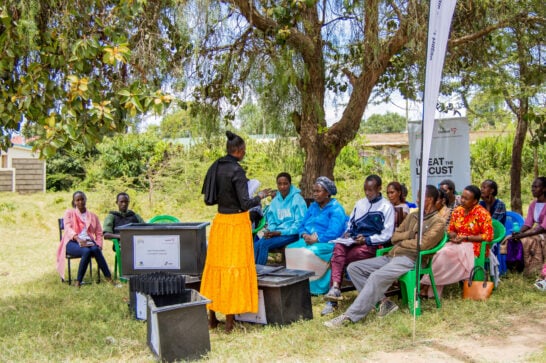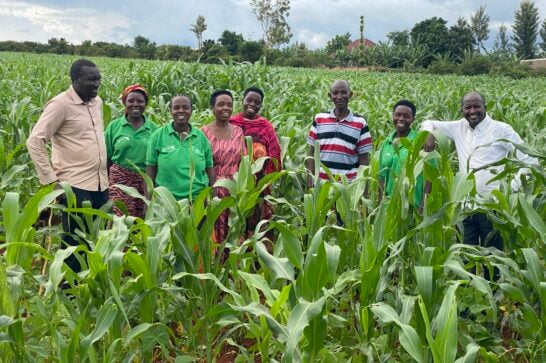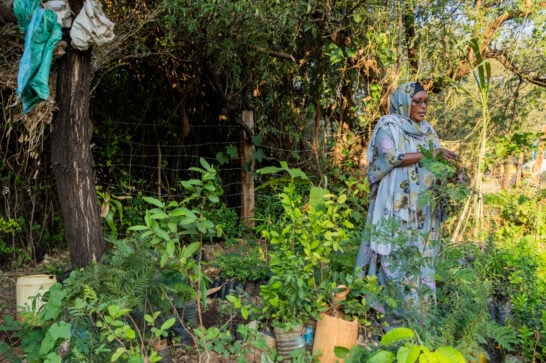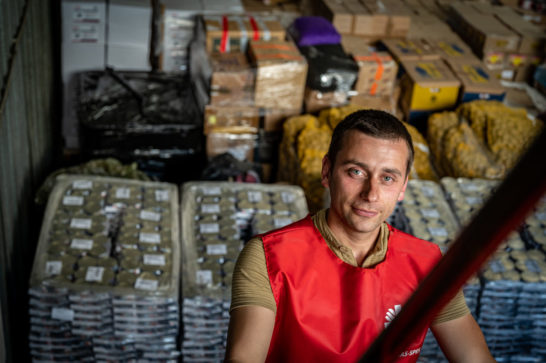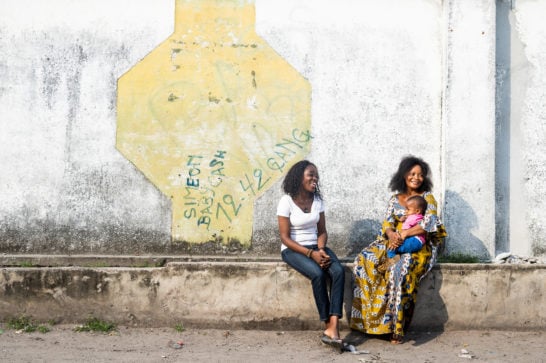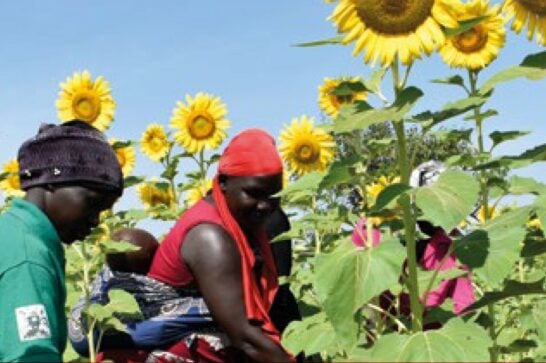Inclusive Economic Empowerment
Through our partnerships, we promote sustainable agricultural production, improve market linkages, and strengthen the business environment. In particular, we improve access to land, water, finance, inputs, training, information services and digital tools.
Building Climate-Resilient Agri-Food Systems
Our work supports communities, governments, and businesses in managing climate risks and restoring ecosystems through nature-based solutions, tackling water scarcity, and preserving biodiversity.
Inclusive Finance for Sustainable Growth
We strengthen financial ecosystems to enhance access to affordable, sustainable finance for agri-food actors. This includes partnering with microfinance institutions, cooperatives, and value chain actors to develop inclusive products like farmer loans, leasing, and crop insurance. We integrate digital financial tools and promote green financing where relevant.




